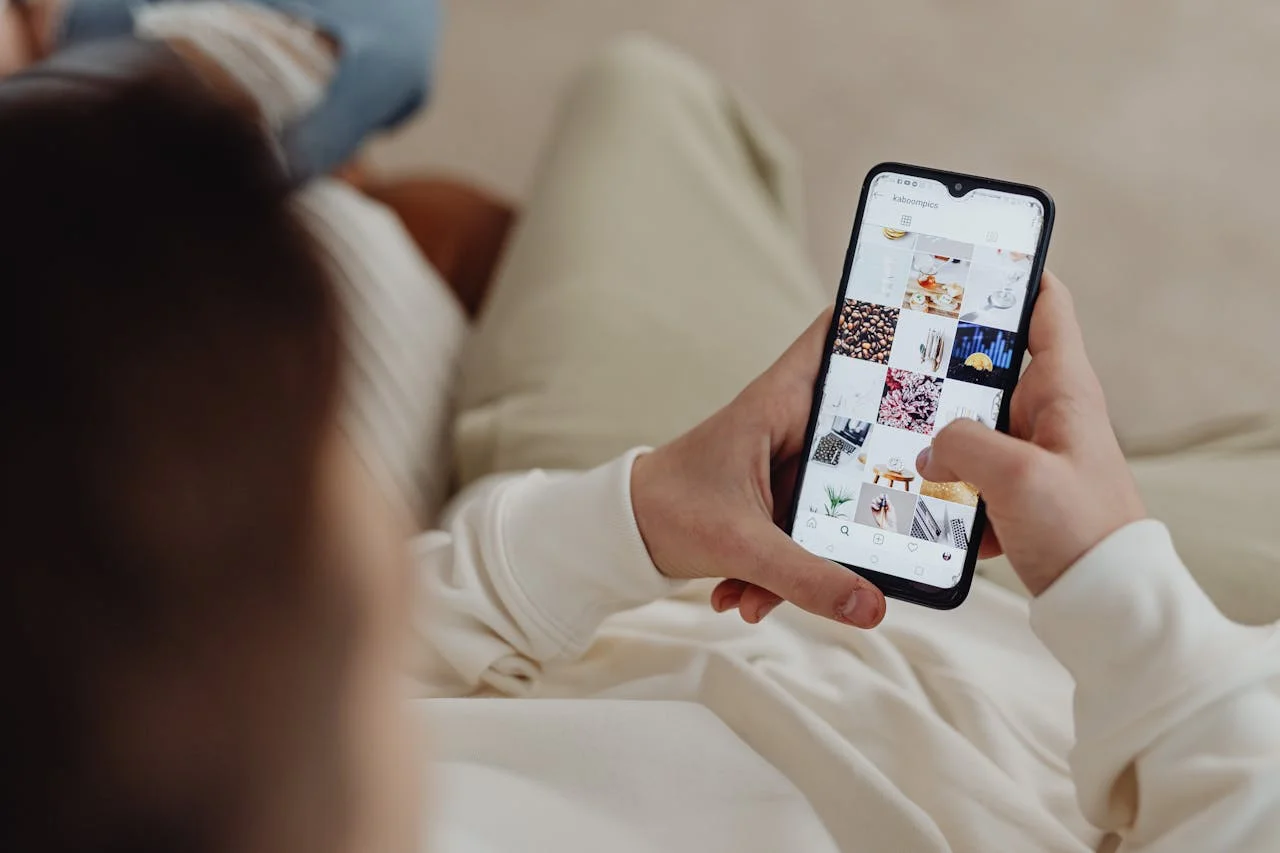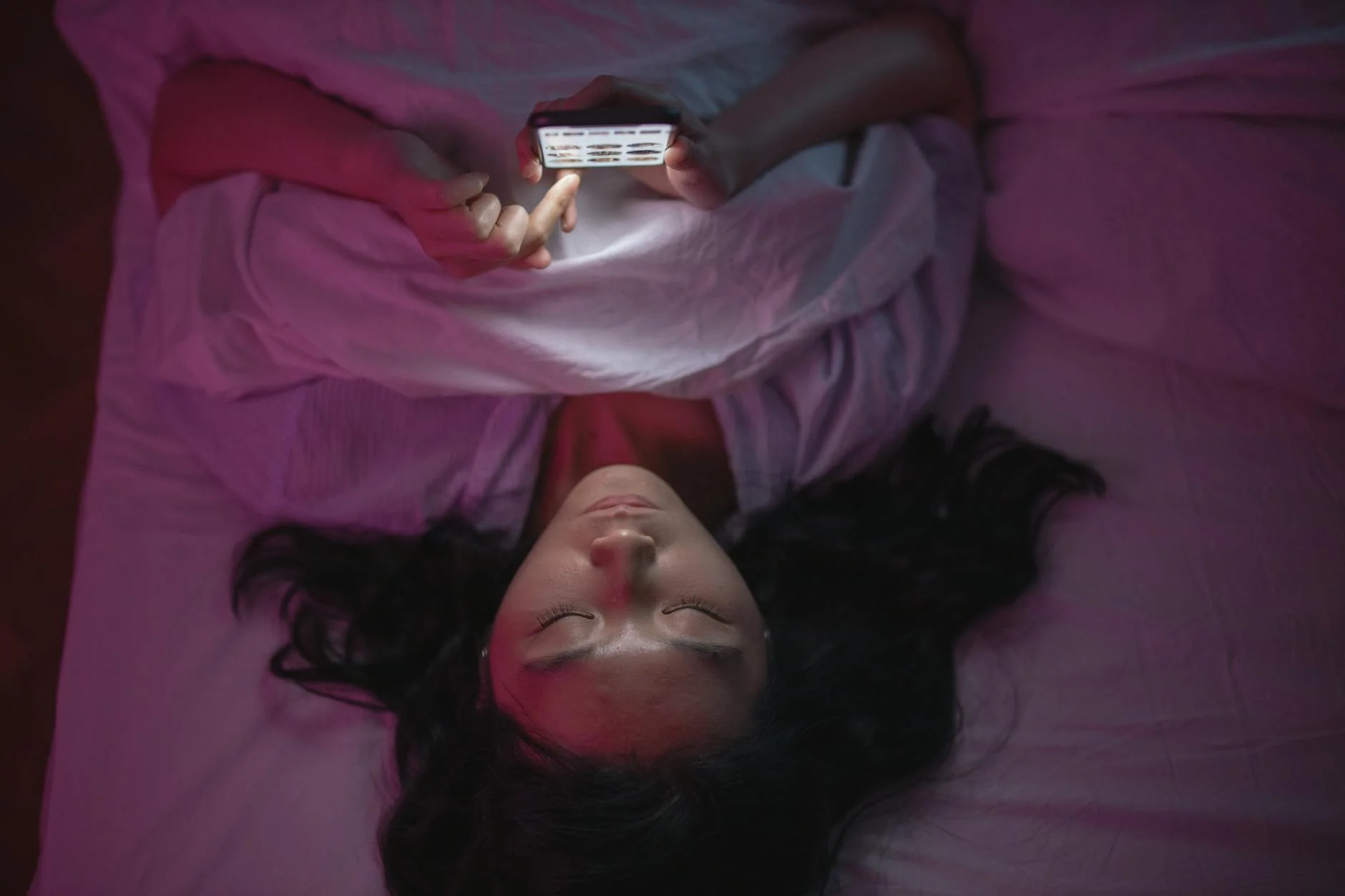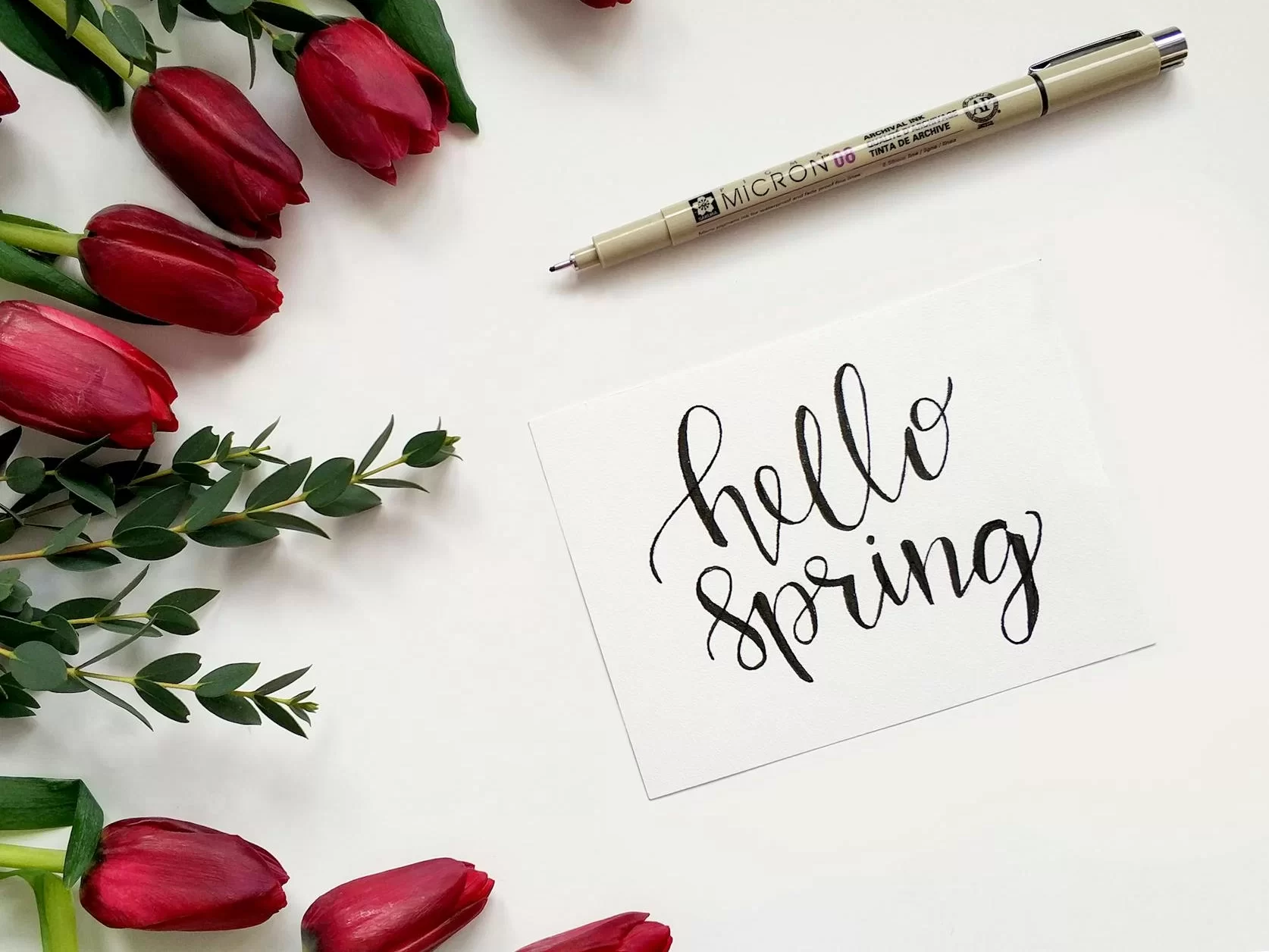
You may have caught yourself scrolling through Instagram at 2 AM, wondering why everyone else’s vacation photos look like magazine covers while your best selfie resembles a potato. Here’s the thing – that innocent little app you check “just for a minute” has quietly rewired your brain to crave validation from strangers. Those algorithms aren’t accidentally showing you content that makes you feel inadequate. They’re designed that way, and the psychological damage runs deeper than you think.
Key Takeaways
- Social media creates constant comparison with others’ highlight reels, making your real life seem inadequate and boring.
- Algorithms deliberately trigger insecurities and emotional vulnerabilities to keep you scrolling and clicking for longer engagement.
- Targeted advertisements exploit your specific weaknesses like body image and financial stress to sell unnecessary products.
- Dopamine addiction from likes and comments creates dependency on external validation rather than authentic self-worth.
- Curated content feeds comparison triggers that keep you scrolling 23% longer, reinforcing feelings of inadequacy.
The Comparison Trap: Why Your Feed Becomes a Battlefield
How many times have you opened Instagram, only to close it ten minutes later feeling like your life is a complete mess? You’re scrolling through perfectly curated vacation photos while you’re eating cereal for dinner again. Sarah’s posting about her $85,000 promotion while you’re still waiting for that callback from last Tuesday’s interview.
Your brain can’t distinguish between reality and highlight reels. When you see someone’s “spontaneous” beach selfie, you don’t see the 47 takes it required. You don’t see their $3,000 credit card debt funding that trip.
Every scroll triggers your comparison instinct, designed for survival but now weaponized against your confidence. You’re literally training yourself to feel inadequate, post by post, like by like. We try to categorize ourselves into personality types through online quizzes, desperately seeking validation about who we are instead of building genuine self-awareness.
Algorithm Manipulation: How Platforms Profit From Your Insecurities
You might think social media platforms just want to connect people, but they’re actually running a sophisticated business model that feeds off your emotional reactions and insecurities. Every time you feel inadequate after scrolling through perfect vacation photos or designer outfits, the algorithm takes notes and serves up more content designed to keep you engaged, anxious, and clicking.
These companies make billions by studying your behavior patterns, then using targeted ads to sell you solutions for the very problems their platforms helped create in the first place. The wealthy understand that conscious spending means recognizing these manipulative tactics and making deliberate choices about where to invest their time and money instead of falling prey to algorithm-driven impulse purchases.
Engagement Through Emotional Triggers
Behind every scroll through your feed lies a carefully engineered system designed to keep you clicking, and unfortunately, your insecurities are pure gold to these platforms. They’ve mastered the art of triggering specific emotions that guarantee you’ll stay glued to your screen.
When you see that perfectly filtered vacation photo, your brain releases a tiny hit of envy mixed with FOMO. That’s not accidental – it’s calculated. The algorithm learns that comparison content keeps you scrolling for an average of 23% longer than neutral posts.
Your anger at political posts? That generates 6x more engagement than happy content. Your jealousy over someone’s promotion? Pure algorithmic candy. These platforms literally profit when you feel inadequate, turning your emotional responses into dollar signs through increased ad revenue.
Targeted Advertising Exploits Vulnerabilities

Once the algorithm identifies your emotional weak spots, it hands that data over to advertisers who turn your vulnerabilities into targeted campaigns. You’re scrolling through Instagram, feeling insecure about your appearance, and suddenly skincare ads flood your feed. That’s not coincidence—that’s calculated manipulation.
| Your Vulnerability | Ad Type Shown |
|---|---|
| Body image concerns | Weight loss products, fitness apps |
| Financial stress | Get-rich-quick schemes, loans |
| Relationship issues | Dating apps, self-help books |
These platforms literally profit from your pain. I’ve watched friends spend $200 on miracle creams after one bad selfie day. The algorithm doesn’t care about your wellbeing—it cares about conversion rates. You’re not the customer; you’re the product being sold to the highest bidder.
Addictive Design Maximizes Revenue
Every notification, heart animation, and infinite scroll feature gets engineered to trigger the same brain chemicals as slot machines. You’re not weak for checking your phone 144 times daily – you’re responding exactly as designed. These platforms hire neuroscientists and behavioral economists, spending millions to study your dopamine patterns.
Here’s their playbook: intermittent variable rewards keep you hooked harder than consistent ones. That’s why you get three likes, then nothing for hours, then seven more. The algorithm deliberately withholds validation to increase your desperation. Red notification badges? They chose that color because it triggers urgency and anxiety.
You’re generating $40+ in annual revenue per account through this manipulation. Every insecure scroll funds their research into making you scroll more. Recognizing this design gives you power back.
The Highlight Reel Effect: When Everyone Else’s Life Looks Perfect
When you scroll through Instagram at 2 AM in your pajamas, everyone else seems to be living their absolute best life. Sarah’s posting about her promotion while you’re stuck in the same dead-end job. Mike’s showing off his new Tesla while you’re driving a 2012 Honda with questionable air conditioning.
Here’s what’s actually happening: you’re comparing your behind-the-scenes reality to everyone else’s carefully curated highlight reel. That vacation photo took 47 attempts to get right. That “effortless” workout selfie happened after a 20-minute pose session.
Social media only shows the top 5% of people’s lives. You don’t see their credit card debt, relationship fights, or anxiety attacks. You’re competing against a lie, and it’s rigging the game against your confidence.
Instead of falling into this comparison trap, try practicing self-compassion and focusing on your own authentic moments rather than chasing the illusion of perfection online.
Digital Validation Addiction: The Dangerous Cycle of Likes and Comments
You’ve likely experienced that small thrill when your recent post receives 20 likes within the first hour, but that dopamine surge operates much like any other addiction – you require increasingly more to feel satisfied. Before long, you’re checking your phone every five minutes, revitalizing your notifications, and genuinely anxious when that charming selfie only garners three likes instead of your typical fifteen.
It’s remarkable how rapidly one can transition from living their authentic life to perpetually performing for an unseen audience, missing genuine moments due to being too preoccupied crafting the ideal caption. When you finally step away from the screen, creating a morning routine focused on genuine self-care rather than digital validation can help restore your sense of authentic worth.
Dopamine Hit Dependency
Most of us don’t realize we’re chasing digital drugs every time we post a photo or share a thought online. Your brain releases dopamine when you get likes, comments, or shares – the same chemical that makes gambling addictive. I’ve watched friends check their phones over 150 times daily, desperately hunting for that next notification buzz.
You’re basically running a slot machine in your pocket, pulling the lever each time you refresh Instagram or TikTok. The scary part? Your tolerance builds up quickly. What started as excitement over 10 likes now requires 50 to feel the same rush. You’ll find yourself posting more frequently, chasing higher engagement numbers, and feeling genuinely depressed when posts don’t perform well. Sound familiar?
Withdrawal From Reality
Eventually, you’ll notice something disturbing happening – the real world starts feeling flat, boring, and somehow less important than your online life. Face-to-face conversations feel awkward, and you’re constantly thinking about your next post. Your actual achievements seem worthless unless they’re documented and validated online.
This digital withdrawal creates a dangerous power shift. You’re no longer in control of your reality – algorithms are. Your phone becomes your lifeline, and without it, you feel disconnected and anxious.
- Checking your phone 150+ times daily, even during important meetings
- Feeling phantom vibrations when your phone isn’t even buzzing
- Losing interest in hobbies that can’t be easily shared online
- Measuring experiences by their “post-ability” rather than personal enjoyment
You’ve fundamentally traded authentic living for artificial validation.
Body Image Distortion: The Rise of Filtered Reality

When Instagram launched filters back in 2012, I thought they were just a fun way to add some sparkle to my morning coffee photos—little did I know they’d completely rewire how I saw my own face.
You’re scrolling through your feed, and suddenly everyone’s skin looks porcelain-smooth, their jawlines sharp enough to cut glass. The Valencia filter became your best friend, then came the face-tuning apps that could slim your nose in thirty seconds flat.
You start seeing yourself in mirrors differently, noticing every pore, every asymmetry that your phone’s camera “fixes” automatically. That’s when reality hits—you’re comparing your actual face to a digitally enhanced version of yourself, and honestly, your real face never stood a chance.
Social media platforms now showcase everything from flawless makeup looks to perfectly manicured neutral nail designs that make even your hands feel inadequate compared to the polished perfection flooding your timeline.
Breaking Free: Strategies to Reclaim Your Self-Worth
The good news is that breaking free from social media’s grip on your self-worth doesn’t require deleting every app or going full digital hermit—though I’ll admit, I tried that route for exactly three days before caving. You can reclaim your power through strategic shifts that rewire your brain’s reward system.
Start by unfollowing accounts that trigger comparison. I unfollowed 200+ influencers in one afternoon, and honestly, my feed became boring—but my anxiety dropped by half. Next, establish specific viewing windows. I check Instagram twice daily for 15 minutes max.
Curating feeds filled with educational content instead of lifestyle porn
Setting phone timers that force you offline after predetermined limits
Creating comparison-free zones in your bedroom and during meals
Practicing daily affirmations that aren’t tied to external validation
Consider reinforcing your journey with positive health beliefs that support better mental and emotional outcomes, as your mindset directly influences how you respond to social pressures.
Conclusion
You’re not broken, you’re just caught in a system designed to make you feel inadequate. Start small—unfollow three accounts that make you cringe today, turn off notifications for twenty minutes, and remind yourself that your worth isn’t measured in double-taps. Your real life, with its messy moments and genuine laughter, beats any filtered fantasy. You’ve got this, and your future self will thank you.





Pingback: 10 Ways to Be More Authentic in Your Relationships